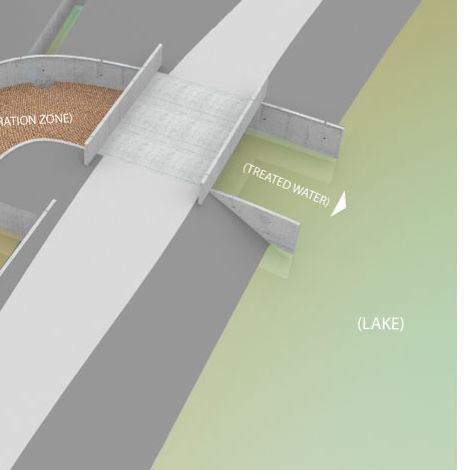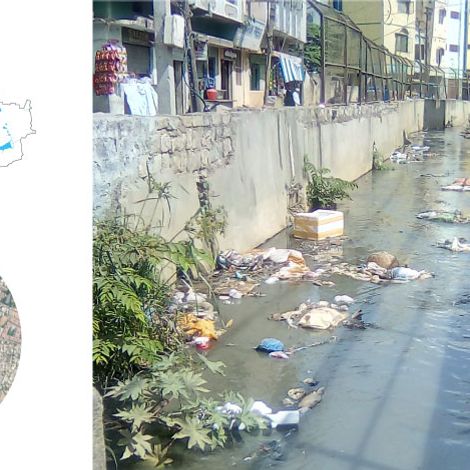Strains (Strategic In-stream Systems)


India’s established “megacities” are in the midst of a serious water crisis—rivers choked with solid waste, disappearing wetlands, and contaminated local food chains. These issues have reached a new level of urgency in the south Indian city of Bangalore. It’s urban watershed is comprised of hundreds of lakes, connected by a network of open stormwater channels (referred to locally as “Nallahs”). Amid explosive informal urban development, these Nallahs also double as vectors for untreated domestic wastewater, leading to a range of downstream impacts to human health, ecosystems, and economies.
When expensive top-down approaches to this challenge simply can’t keep pace, our Strains project hopes to demonstrate the potential impact of simple in-stream urban wastewater remediation strategies that can be implemented inexpensively from the bottom-up. We have a design and approvals in place for a small pilot intervention in Bangalore, all we need is a bit of funding to purchase the raw materials to make it a reality!
The intervention comprises of a designed structure which contains roughly 35 cubic meters of terracotta fragments. Terracotta is abundantly available and preliminary research shows that it promotes the growth of biofilm, settles sediments, and reduces harmful pathogen content from black and greywater. The intervention will employ these fragments as a passive filtration material and substrate for the growth of spontaneous wetland plants over time. Working together, these systems will help lower the concentrations of harmful contaminates flowing through the watershed.
The Nallah we have chosen for the intervention is upstream of Doddabommasandra (DBS) Lake in Bangalore’s northwestern periphery. DBS is a perfect context as it is currently in the process of being revitalized and contains a series of preliminary filtration mechanisms (for solid waste and silt). Our Strains unit will work in tandem with these other efforts already underway.